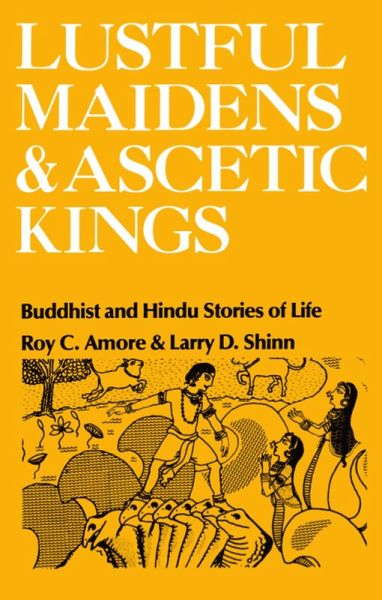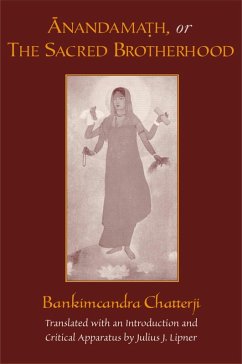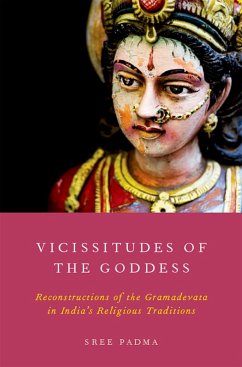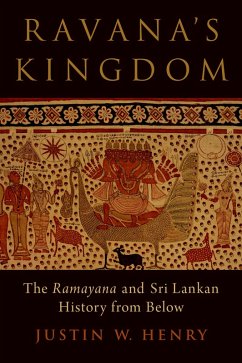
Lustful Maidens and Ascetic Kings (eBook, PDF)
Buddhist and Hindu Stories of Life
Illustrator: Wallace, Sharon
Versandkostenfrei!
Sofort per Download lieferbar
4,99 €
inkl. MwSt.
Weitere Ausgaben:

PAYBACK Punkte
2 °P sammeln!
Cecilia Valdés is arguably the most important novel of 19th century Cuba. Written in 1882 by Cirilo Villaverde in exile in New York City, but set in the Havana of the 1830s, the novel recounts a story of the moral, political, and sexual depravity caused by slavery and colonialism. The heroine of the novel, the beautiful light-skinned mulatta named Cecilia, is being pursued by Leonardo, the son of a Spanish slave trader. Unbeknownst to the two, they are the children of the same father. Eventually Cecilia gives in to Leonardo's advances; she becomes pregnant and gives birth to a baby girl. When...
Cecilia Valdés is arguably the most important novel of 19th century Cuba. Written in 1882 by Cirilo Villaverde in exile in New York City, but set in the Havana of the 1830s, the novel recounts a story of the moral, political, and sexual depravity caused by slavery and colonialism. The heroine of the novel, the beautiful light-skinned mulatta named Cecilia, is being pursued by Leonardo, the son of a Spanish slave trader. Unbeknownst to the two, they are the children of the same father. Eventually Cecilia gives in to Leonardo's advances; she becomes pregnant and gives birth to a baby girl. When Leonardo, who is getting bored with his mistress, agrees to marry a white upper class woman, Cecilia vows revenge. A mulatto friend and suitor of hers kills Leonardo, and Cecilia is thrown into prison as an accessory to the crime. Rich in social and historical detail, Cecilia Valdés opens a window into the intricate problems of race relations in the Caribbean, the interactions between sexual, social, and racial oppression, and the lived experience of colonialism.
Dieser Download kann aus rechtlichen Gründen nur mit Rechnungsadresse in A, B, BG, CY, CZ, D, DK, EW, E, FIN, F, GR, HR, H, IRL, I, LT, L, LR, M, NL, PL, P, R, S, SLO, SK ausgeliefert werden.













